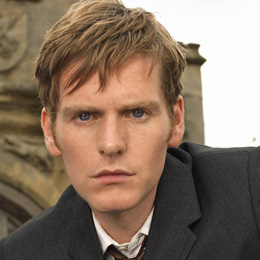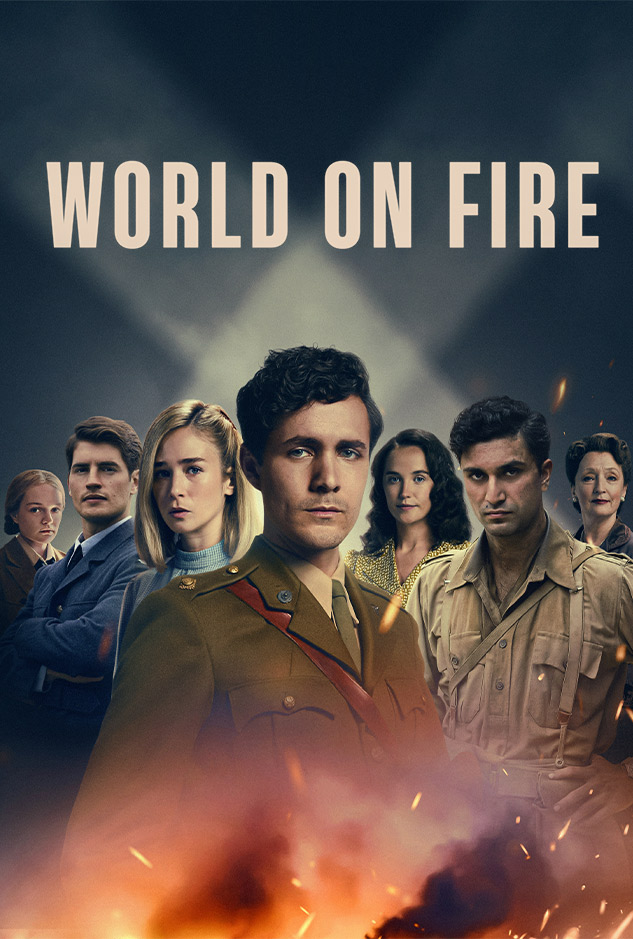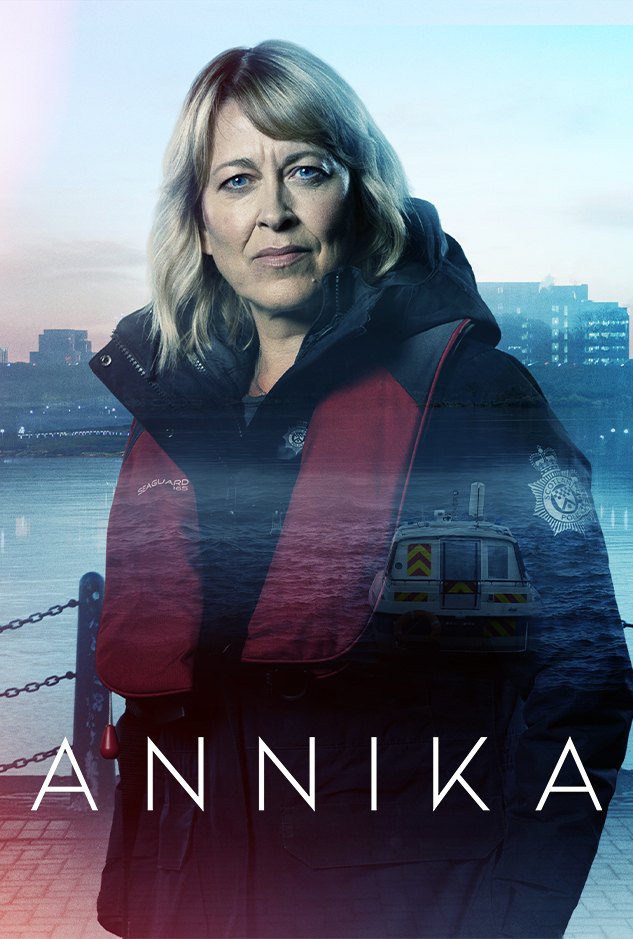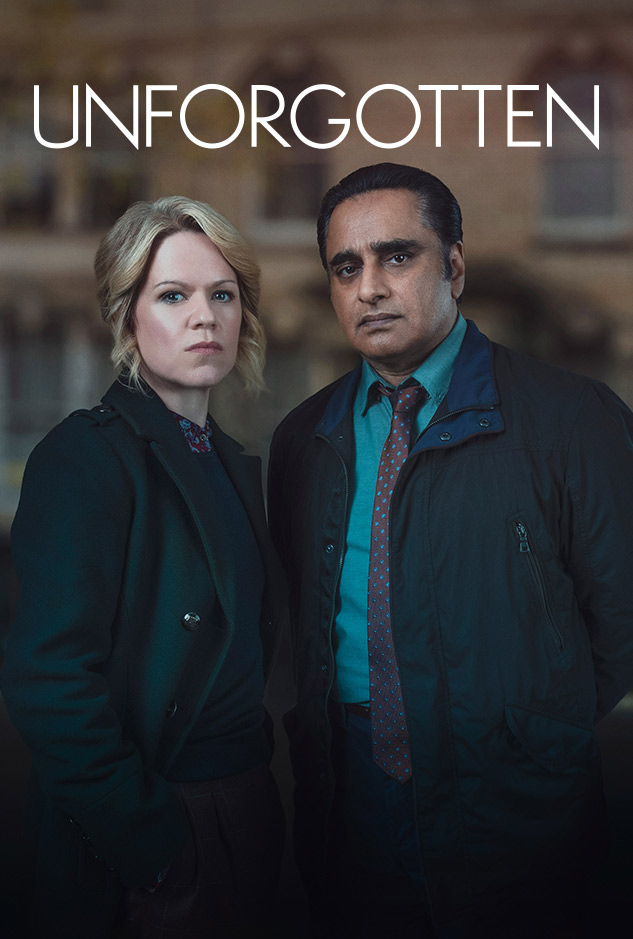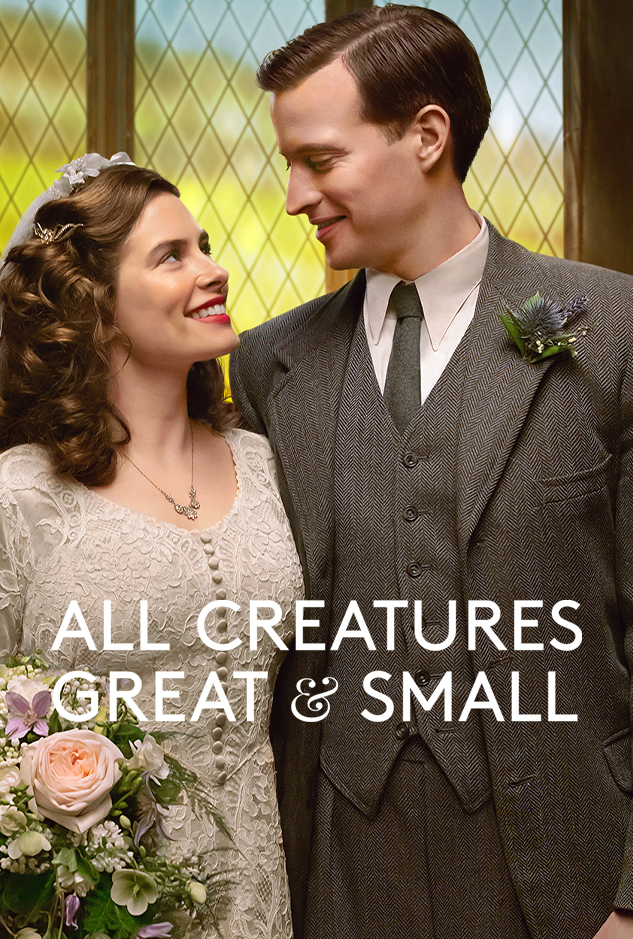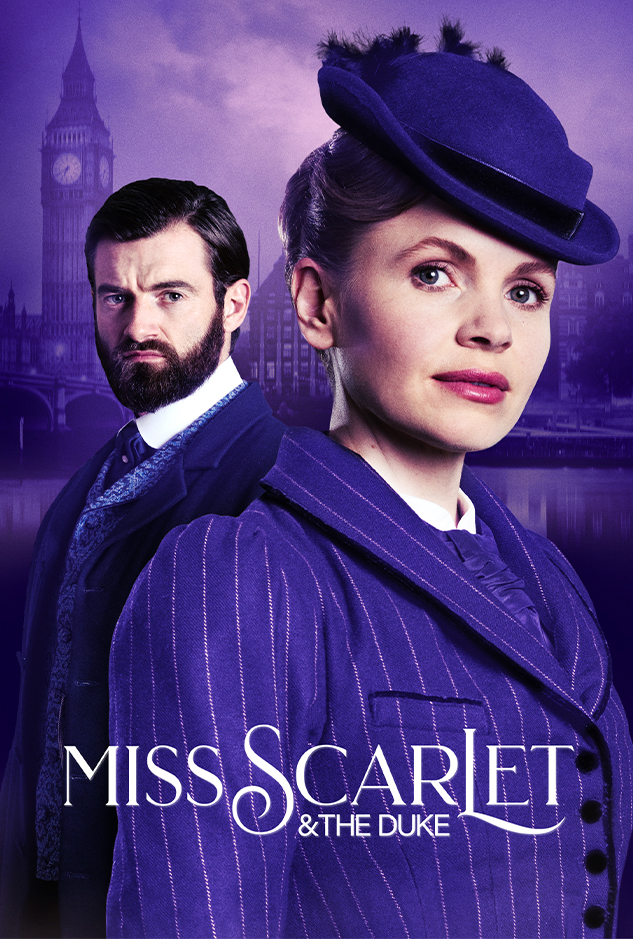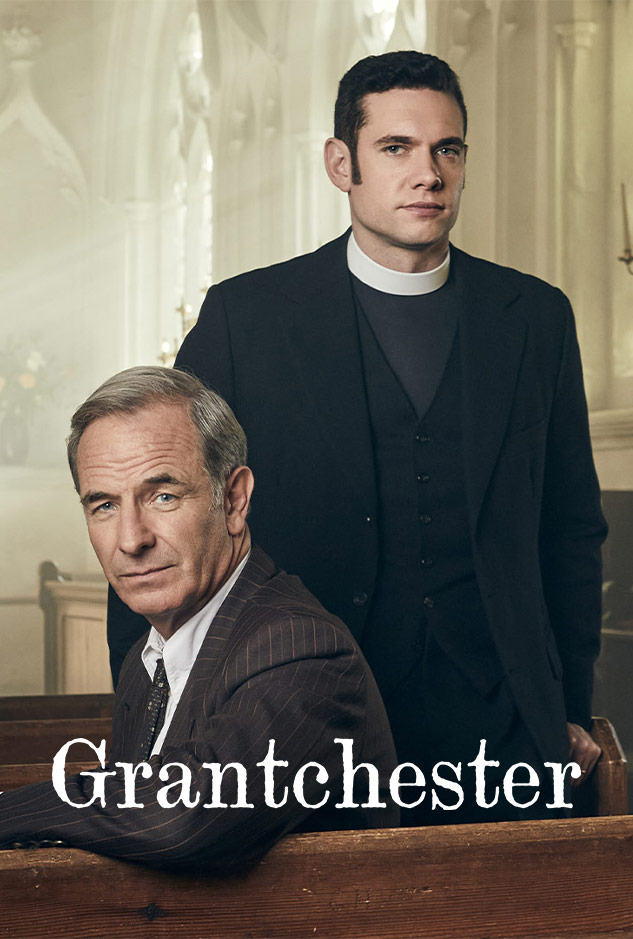Endeavour’s Shaun Evans Answers Fan Questions: Part I
While working on Endeavour’s final season, star Shaun Evans took a break to answer questions from devoted MASTERPIECE fans of the show. Viewers, anticipating remorse about the series’ upcoming ending, asked about Endeavour’s love life, his backstory, and his transition to the man many know from the Inspector Morse series. In Part II, Evans answered questions about his experience playing the complex character over the years, his own connections to Morse, his plans for the future, and more…including that mustache! Discover Evans’ answers and insights, and watch all eight seasons of Endeavour with PBS Passport, an added member benefit.
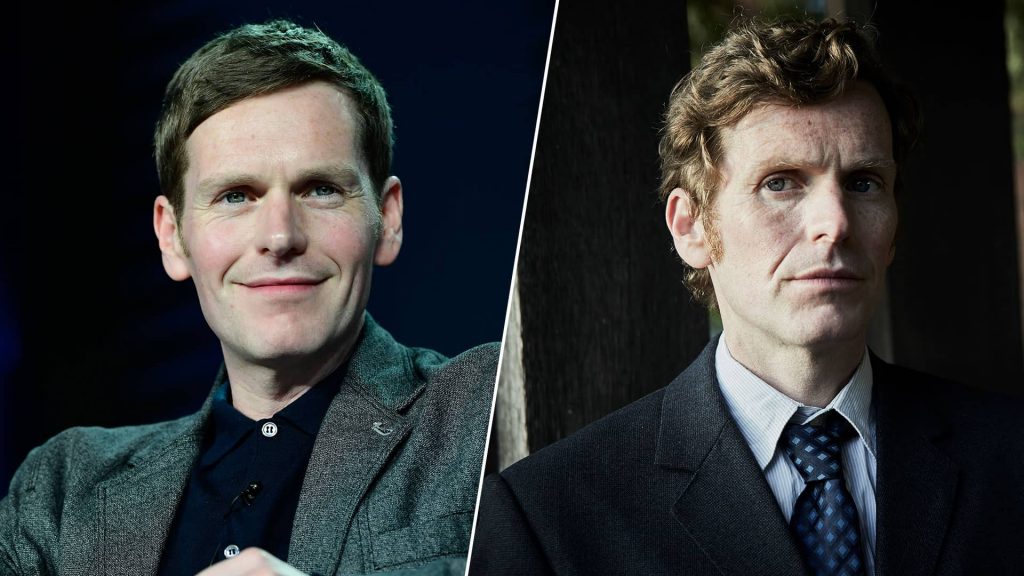

Joannie H. wants to know, “Why is it that Morse can never seem to love anyone completely or be loved completely in return?”
I think that’s a really good question. To be honest, I think it stems from losing his mom at a very early age and all of the abandonment issues that would follow that. He lost his mom to cancer when he was 12, and then went to live with his dad and his stepmom, and everything followed from that. I think he keeps not exactly repeating the pattern, but I think it’s to do with that fissure, which has not allowed him to be fully available to someone else. I also think he has a very specific mind. It would take a very specific person to a) engage him and b) put up with him. I think all of those things combined is what keeps him alone.
Maureen C. asks, “Endeavour seems to have unresolved issues with women. How would you characterize his romantic relationships with women throughout the series?”
I think he grows tired easily of people, and would have a tendency to either leave them before they leave him, or be attracted to that which will not make him happy, because he is kind of foolish in that regard. If you think back to the pilot, he falls for the woman who’s the actual killer. I mean, he loves the grand drama of it, as well. I think he seeks enormous excitement, but obviously, can’t take it. If you think of Violetta, the woman in Italy, when he went to the opera in Season 7. But then if you think of someone a bit more mundane, like when he was dating the nurse, it wasn’t thrilling enough for him. I think normality isn’t thrilling enough for him.
Bruce R. asks, “Why is it that Endeavour and Joan Thursday were incompatible, despite the obvious attraction they had for each other and the bond between them?”
I think with Joan and Endeavour, sometimes in life, the timing is off. And in a parallel universe, if they were to get together, would it end beautifully, or would it end sadly? We don’t know. But there’s something about that person who you keep missing—the time is never right at the same time for each of them. There’s something very sad and profound about that, I think, and quite true.
That’s a good answer, even if it’s not what we want! Out of over 500 questions from viewers, more than 60 were about Joan and Endeavour. Now, moving on to his relationship with Thursday, Garrett A. asks, “Does Morse’s increasingly strained relationship with Thursday sadden you as much as it does us?”
Well, it’s funny, isn’t it? I mean, I’m delighted, first and foremost, that it does sadden people, that they feel so engaged that they would emotionally feel an attachment, both to Endeavour wanting to get with Joan, and also then the fissure between the relationship with him and Thursday. I’m thrilled that people care enough to even comment—I find that very, very satisfying, I’m so happy about that. But in terms of when we began this story, and always knowing that it would come to an end, it has to come to an end in a way that is deeply satisfying, I think. And I don’t think it would be satisfying if he were to get the girl, or to have a great relationship which would take the place of his father.
I think it’s far more heartbreaking, and therefore, more memorable, if it ends in a melancholy, sad way. That’s one answer to the question. Then in another answer to the question, we know because of the unique prequel nature of this story, that neither Joan nor Thursday is ever mentioned in either the books or in the series with John Thaw. So it’s our duty to make a decision about why that is, and what they do in our particular stories that ensure that they’re never mentioned again later on. And I feel like we’ve satisfied that…So yes, it’s sad in one regard, but in another way, I feel satisfied my job is done.
Also, I think it’s just far more truthful. It’s more truthful for there to be highs and lows within people’s relationships, and for him not to remain going on parallel lines together. It’s far better for them to be coming in and out of each other’s lives.
We had lots of questions for you about playing Morse over time. Rebecca D. asks, “Season one started in 1965. Throughout the years, in that time period, there were a lot of changes politically and socially. Besides changing the wardrobe, how have you approached maturing or aging Morse?”
Again, that’s a really great question. Well, having never been certain how long we would do this for, or indeed, if we were prepared to do another season, I was always very thoughtful about what the arc of that series would be. Then, when we knew we were going to make more, each year, watching them back, I was always very thoughtful about saying, “Oh, that worked well, or I don’t feel like that worked quite as well…” And I would consider exactly what life events had taken place [for Morse], both on screen and off screen, as well. It was just using our imagination to allow that to come over the next time that we revisit the characters the following year. That’s one thing.
Then secondly, of course, I’ve grown as well, I’ve aged, I’ve hopefully matured, as well. So, I think both of those things together is what it adds up to really, if that makes sense.
Making a prequel and the question of adhering to canon versus other paths that Morse might have taken was a common theme among our viewers’ questions. Daniel S-C. asks, “There are clear advantages of doing a prequel series for famous and beloved characters, but I would be curious about whether you have sometimes wished that you could introduce new things about your character, but felt constrained by the cannon established by the older series?”
Have I felt constrained or has it been a release? To be totally honest, no. It’s a really good question, and I can see why they’ve asked it, but for me, personally, in today’s landscape making TV, where the choices and the options are completely limitless, both from a budget and an imagination point of view, there’s something very freeing, I think, in having limitations, both financial limitations, time limitations, but then also, from a character point of view.
We always knew that it would end in a certain place, and so it never gave rise to disagreements about maybe he goes to this place and gets divorced, or blah, blah, blah, whatever. It’s like, “No, this is it.” Then, instead of going wide, I saw it as my duty to go deep into who that person was, rather than exploring numerous possible scenarios. To actually, really, investigate who this person, this human being, was. It makes the content more powerful, but also, it makes you better, because you are using your imagination more. If the checkbook is limitless and the options are limitless, then that’s great in one respect. But in another respect, it’s really good, I have discovered—both in acting, as a director, as a photographer, with all of these things—to impose those limitations on myself. It becomes very freeing, actually, I think.
On the transition to Inspector Morse, Katherine J. asks, “He wasn’t the nicest person as an older adult—he becomes morose as he grows older, and his demons affect his attitude and personality. How do you feel about playing a role where, as a young man, your character had so much enthusiasm and zeal, coupled with Morse’s incredible detective skills and intelligence, to have him beaten down by life and circumstances?”
Again, that’s a really great question. As an actor, I find that really, really interesting, because you’ve got a sort of blank page as a beginning. Then by the end of it, you’ve made a load of scribbles on the page in order to take us to a certain point. You can see a journey there, but it’s not a terribly dramatic journey—not like he’s lost his leg or whatever—it affords you the opportunity to have a very subtle and nuanced journey, because it’s an emotional coming of age. And that is way, way more interesting to me, personally, than “and then the aliens arrive, and then his life completely changed.” It’s far more nuanced, and therefore, truthful. So it’s been extraordinary in that respect.
Also, for me personally, as an actor, to keep having the opportunity and the privilege to reinvestigate it every year, also gives me the opportunity to look at my own life and be like, “Where am I similar? Where are we having the same situations? I would hope that I can learn to cope with them in a slightly different way, in a more healthy way, and not get stuck in things,” which is where I feel Morse ultimately gets stuck. So it’s been a really interesting process for me as well, both as an actor, to do the work, but also just as a human being, as well.
Kim H. asks a fun question: “If you met Endeavour at a party, would you see yourself being friends?”
Yeah, because I would have enormous sympathy for him. So even though he may think me quite shallow and a bit ridiculous, I would pursue him until we became mates. I would hound him, so that he had someone to chat to, and I would be a total [pain in the neck], following him all the time. “Hey, dude! Come on, don’t be on your own. Let’s go for a drink!”








